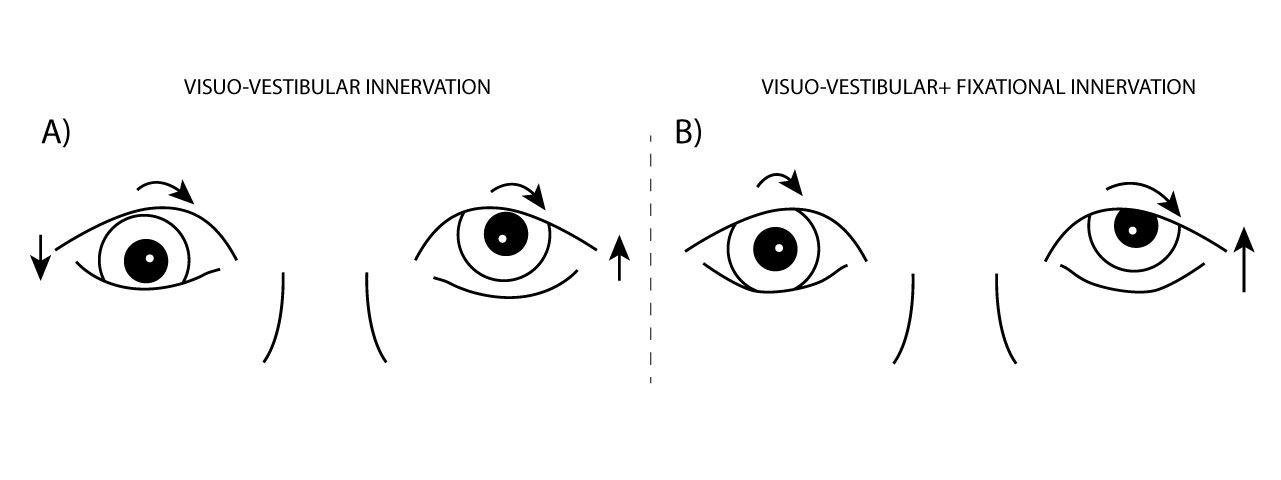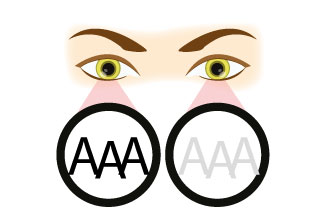
Dissociated Vertical Deviation
What is Dissociated Vertical Deviation (DVD)?
DVD refers to a condition where the eyes have not developed the binocular coordination needed to work together. In DVD, one eye will tend to drift upward when not used or when the patient fixates with the other eye. The upward drift can occur in one or both eyes, and the amount of drift can differ. Aside from the most common upward drift seen in DVD, outward drift or rotation of one of the eyes can also occur.
Patients with dissociated vertical deviation (DVD), usually don’t notice blurred or double vision when their eye drifts upward. This is because the visual system suppresses the vision in the eye that drifts upward.
When and Why Does DVD Occur?
DVD tends to appear between ages 2- 3. Patients with early-onset strabismus (eye turns) are the most susceptible to eyes drifting apart. While the presence of DVD is strongly linked to a lack of 3D vision or depth perception, this condition may also develop following eye muscle surgery to correct strabismus.
What Are DVD Signs and Symptoms?
The signs and symptoms associated with dissociated vertical deviation may include, but are not limited to:
- Abnormal working distance/abnormal postural adaptation
- Deviation of one eye
- Diplopia (double vision)
- Eye turn
- Inaccurate depth perception
- Spatial disorientation
Can Dissociated Vertical Deviation Be Treated?
When DVD is severe and/or occurs frequently, vision therapy is often the most effective treatment.
Vision therapy is a customized program of eye exercises, prescription lenses and/or prisms aimed at enhancing the eyes’ ability to work together to reduce the incidence of upward drift.
If you or your child suspect you have it, or if you’ve already been diagnosed with DVD, contact Ancaster Vision Therapy Center for assessment and customized treatment.
Our practice serves patients from Hamilton area, Burlington, Brantford, and Cambridge, Ontario and surrounding communities.












